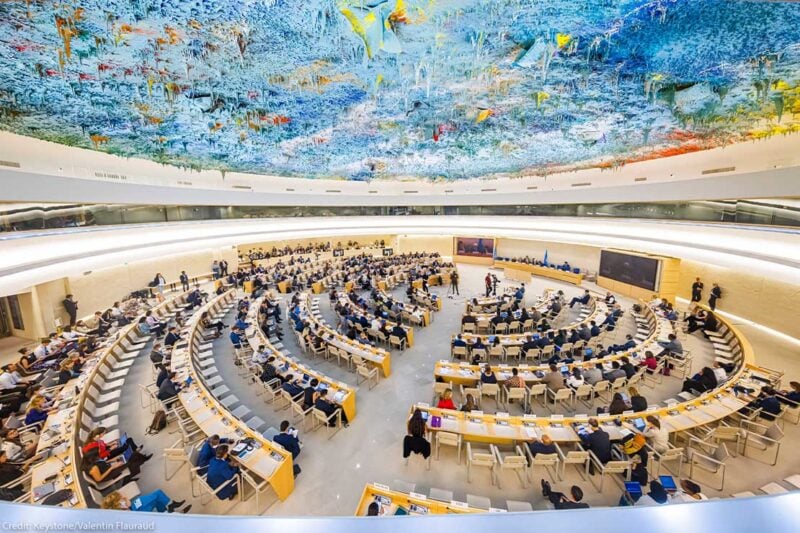UN human rights council considers reform in Rabat retreat

The United Nations Human Rights Council (UNHRC) has embarked on a critical discussion on reforming its mechanisms to enhance global human rights protection.
A strategic retreat held in Rabat, Morocco, on November 21-22, 2024, brought together state representatives, international organizations, and civil society to assess current practices and chart a path for improved cooperation.
A central theme of the retreat was the need to harmonize legal frameworks and coordinate actions between the UNHRC in Geneva, the UN General Assembly in New York, and various UN agencies engaged in human rights and development.
Omar Zniber, President of the Human Rights Council, emphasized the importance of bridging these gaps.
“We must build stronger connections with specialized organizations like the World Health Organization, the International Labour Organization, and the International Organization for Migration,” said Zniber.
He also called for collaboration with the International Telecommunication Union to address challenges posed by emerging technologies.
Civil society, referred to as the “conscience” of human rights advocacy, was recognized as a vital force in protecting vulnerable populations.
However, participants highlighted the need for closer collaboration between civil society, states, and international bodies to amplify their impact.
Paul Empole, the Democratic Republic of Congo’s Permanent Representative to the UN, underscored the persistent nature of human rights violations worldwide.
He advocated for greater involvement from the private sector, stating, “The private sector must become an active partner in these efforts.”
Since its establishment on March 15, 2006, the UNHRC has been pivotal in promoting human rights globally.
However, the Rabat retreat served as an opportunity for introspection, with discussions exploring potential reforms to strengthen the Council’s authority amid escalating global crises.
The retreat also addressed the recent renewal of 18 members within the 47-member Council during the 19th plenary session of the UN General Assembly in October 2024.
These new members, whose three-year terms commence on January 1, 2025, are expected to enhance the Council’s effectiveness and foster stronger collaboration across UN entities.
As the world faces mounting human rights challenges, the retreat reaffirmed the necessity of an integrated and collaborative approach.
Participants agreed that a reformed and revitalized UNHRC is essential to meet the growing demands of the international community and to navigate the rapidly evolving global landscape.
About The Author
dailymailafric
I am an avid African news observer, and an active member of Daily Mail Africa.
I’m Passionate about staying informed on diverse topics across the continent,
I actively contribute to publishing on political, economic and cultural developments in Africa.



